Tundra Esports had a pretty good season in Dota Pro Circuit last year, but things really started coming together for them in the lead-up to, and during, The International 11. They pulled off one impressive performance after another and took home the biggest prize of all, the Aegis.
But while all the obvious things contributed to their dominance, such as skill, strategy, synergy, and a team of excellent players led by an incredible captain and coach, adding a sports psychologist to their ranks played an important role, too. He talked about it in an exclusive interview with BLIX.GG.
Tundra contacted Dan Abrahams, a sports psychologist who has worked with top athletes and teams for more than 20 years, after a string of poor performances. They asked him to help them fight their way through the second half of the season.
He’d never worked with an esports team before and felt like it was out of his depth, but they assured him they wanted someone outside of esports to guide them psychologically, so he accepted. And boy, did it work out well.

They started off doing Zoom sessions, but the organization and players loved what he brought to the table so much, he eventually joined them at a training camp and the Arlington Major.
At first, things didn’t pan out well for the team. They finished 15th to 16th at that event, and coach Kurtis “Aui_2000” Ling felt like focusing too much on psychology concepts played a part, as did burnout. But after having an “open and honest conversation” with Abrahams, they decided to persist, and it wasn’t long before it started paying off. Tundra didn’t drop a single series from that point onward.
Abrahams didn’t reveal the specifics, but his work involved teaching them “techniques, philosophies, frameworks, and theories” to get them in the “right frame of mind as individuals and as a team.”
He hasn’t worked with Tundra since TI11, but if at the end of it all his knowledge left a lasting impact on the team, there’s a good chance we’ll see them dominate again this year.


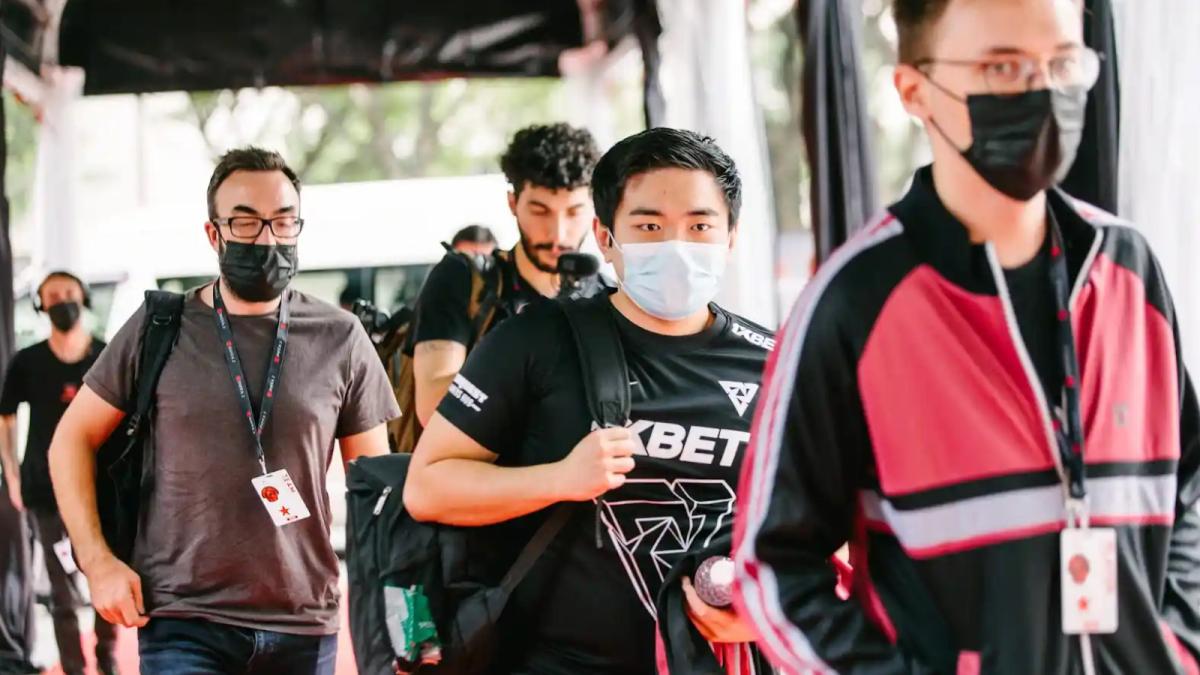
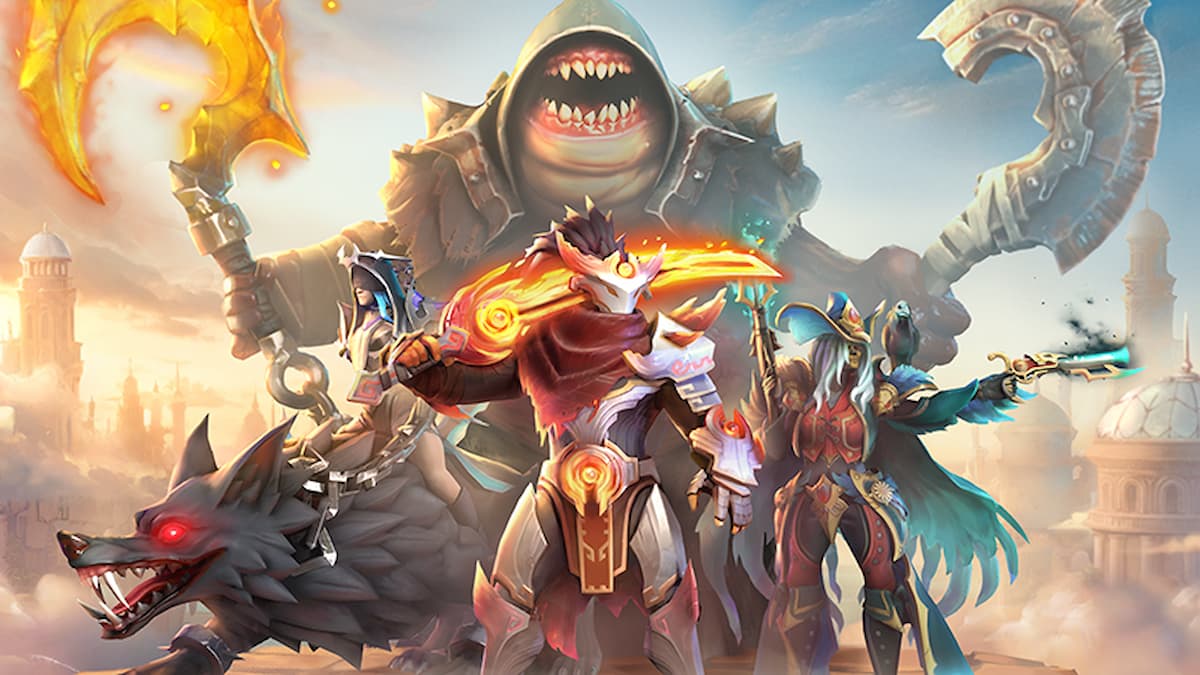


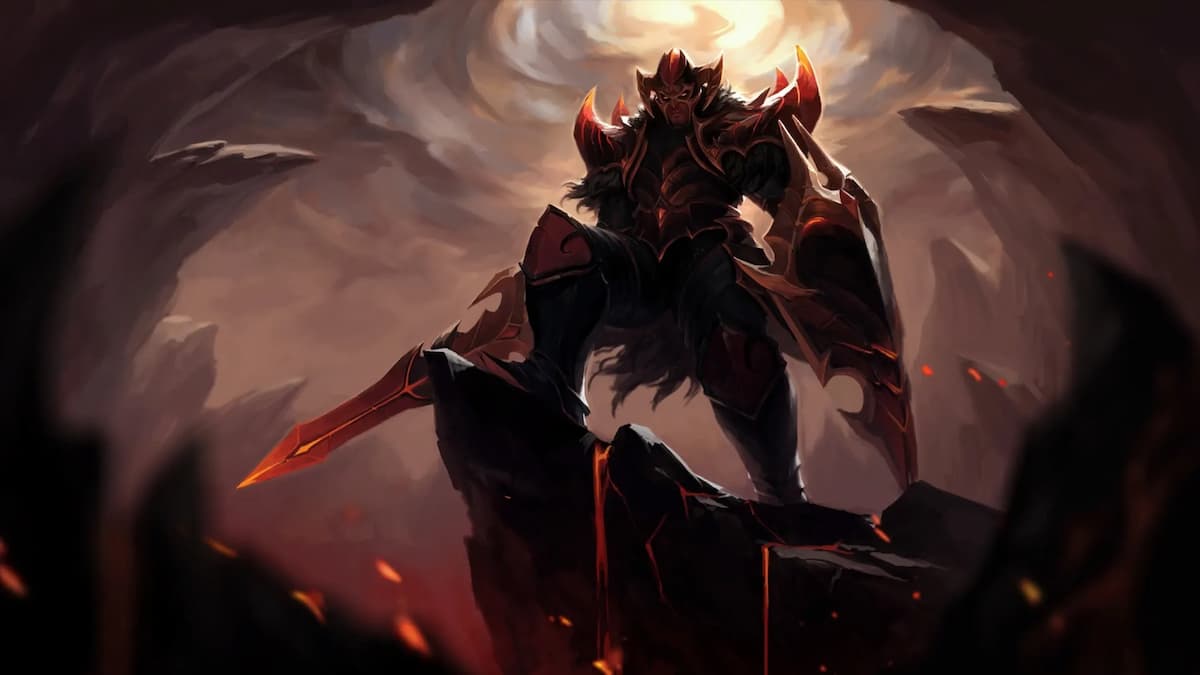
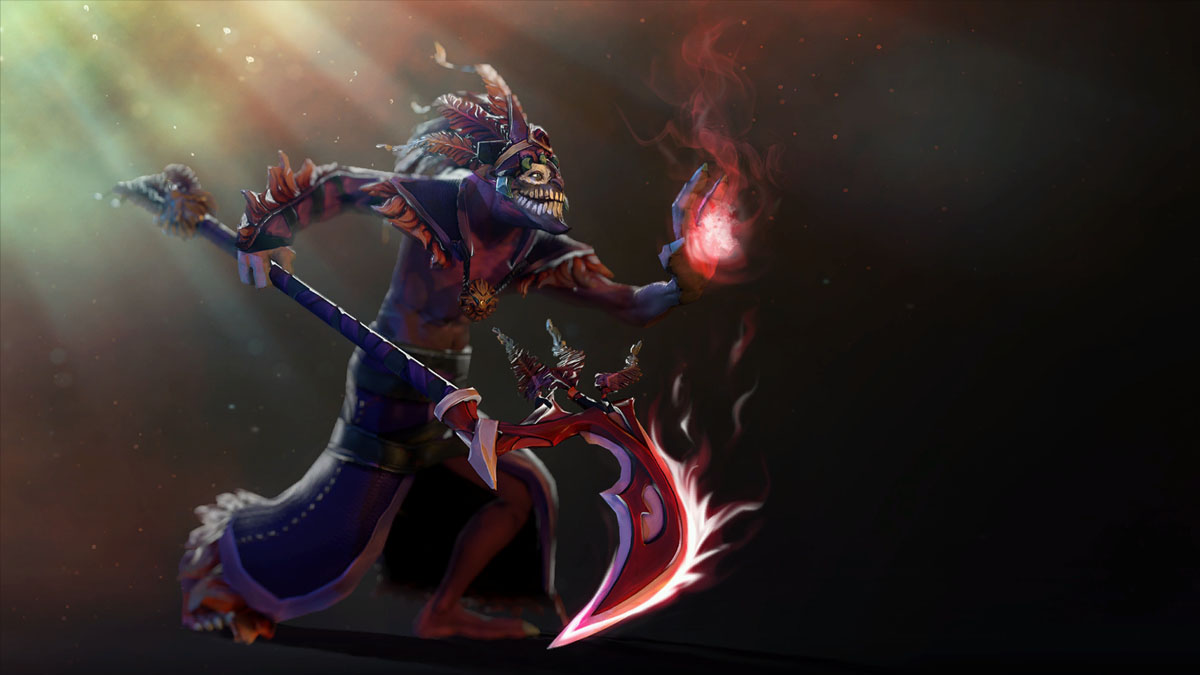

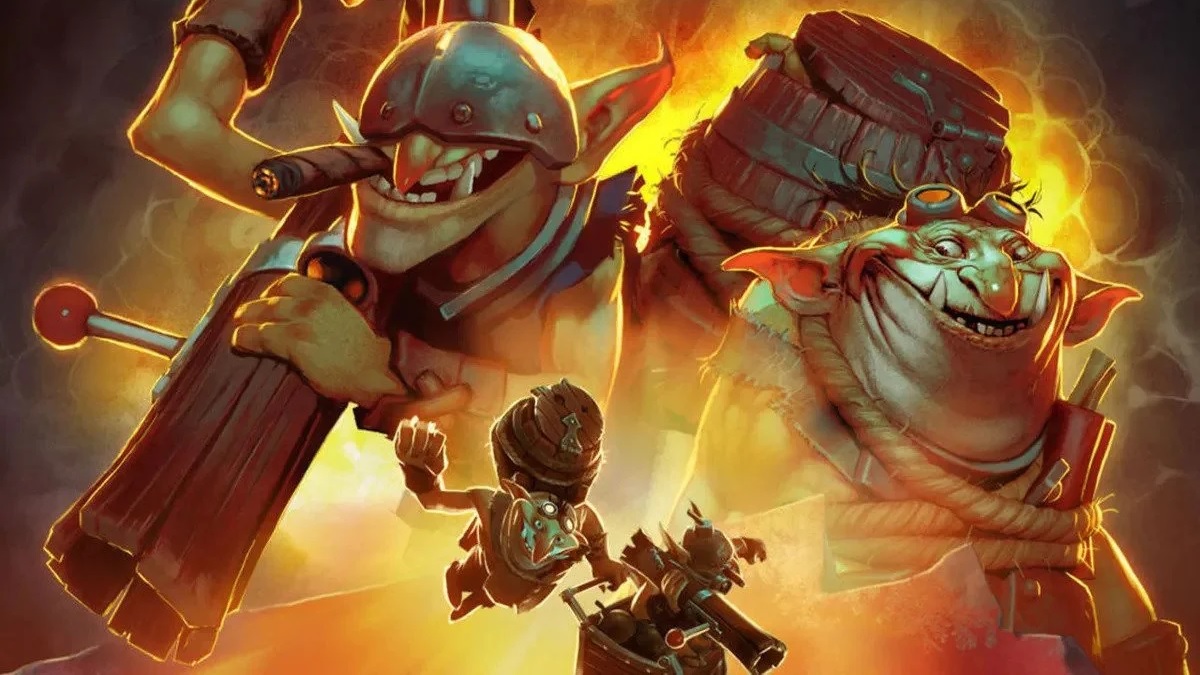
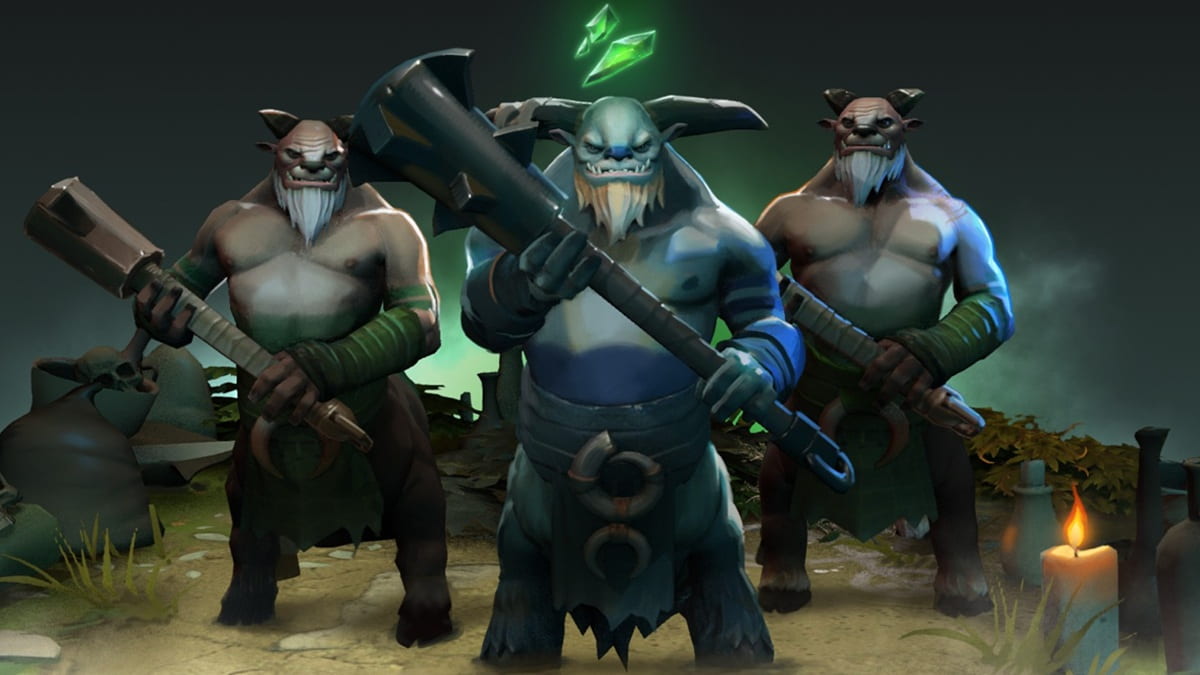
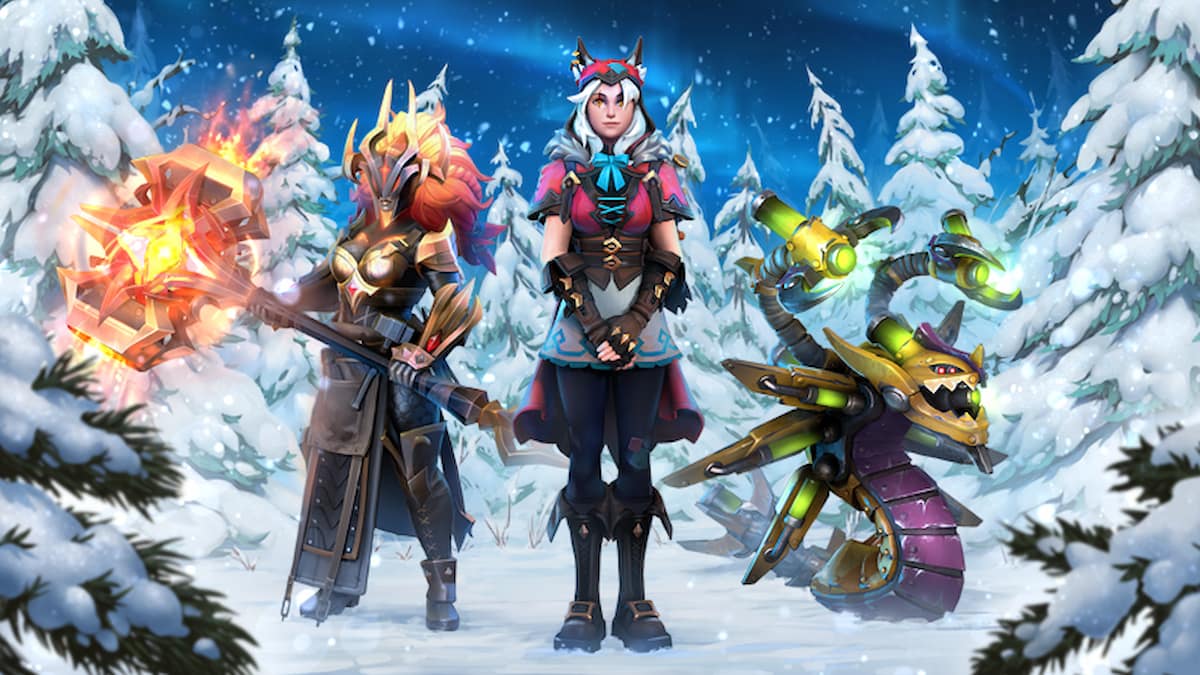
Published: Jan 10, 2023 11:33 pm